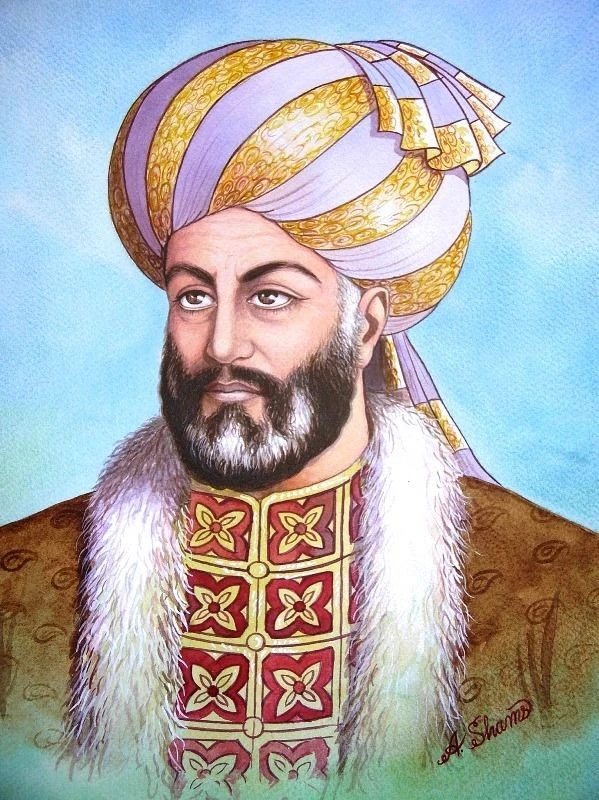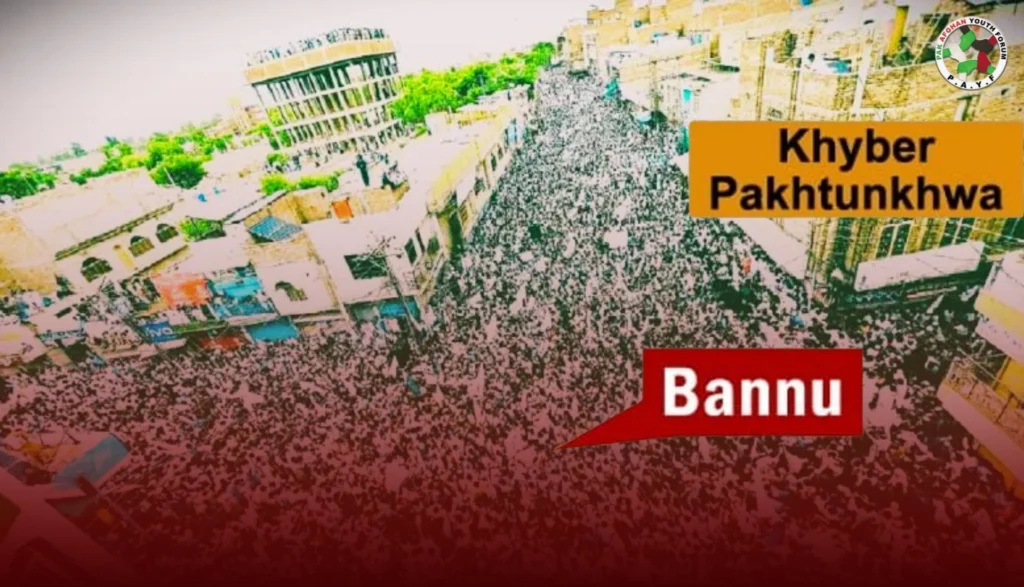Balochistan’s history—marked by resilience and strength—has been shaped by its rich mineral resources and the unyielding spirit of its people. Despite facing numerous challenges and external interests, Balochistan has remained steadfast. Recent events have cast a dark shadow over Balochistan’s history. They have also affected the entire nation, as the victims of the latest violence were fellow Pakistanis.
On August 26, Balochistan endured a brutal bloodbath that left the entire nation in mourning. As the news emerged, Pakistanis questioned the true intentions of those who claim to advocate for Balochistan. They remained silent about this tragedy. People wondered if these aggressors, who targeted innocent civilians, genuinely held any empathy for our Pakistani brothers and sisters who suffered.
The silence from voices that usually speak loudly on human rights was striking. Maharang Baloch, a self-proclaimed advocate for human rights, stayed silent while the Baloch Liberation Army (BLA), a terrorist group active in the region, killed over 28 Pakistani civilians. Where was the outrage for the Baloch teacher, shot dead based on the information in his CNIC? Why was there no condemnation of the BLA’s use of women as suicide bombers?
Also See: Rise of Security Threats from Fitna AlKhawarij: Amb Munir Akram
August 26: BLA’s ‘Operation Herof’ Unfolds
August 26 will be remembered as a dark day in Balochistan’s history. The ‘Operation Herof’ was launched on the 18th death anniversary of Akbar Khan Bugti, a politician and former Chief Minister. It left devastation in its wake. Bugti, once labelled ‘Qatil-e-Baloch’ by these sub-nationalist terrorists, had his legacy twisted into a justification for their acts of terror.
The operation, initiated by Mahil and Rizwan of the Majeed Brigade of the BLA, began with a deadly strike. They rammed explosive-laden vehicles into the gate of the Bela Camp of the Pakistan Army. This was only the start of a series of brutal attacks.
In Musakhail, BLA terrorists blocked highways and forcibly removed passengers from their vehicles. In a horrifying act of violence, the attackers executed 23 people. They targeted them simply because their CNICs identified them as residents of another province, Punjab. Among the victims was a Baloch teacher. This tragedy served as a reminder that even his heritage couldn’t shield him from the hatred of his killers.
This brutal act of terror revealed a chilling disregard for the shared identity of Pakistani brothers. This gruesome tactic is not new; a similar massacre occurred in April, where nine passengers were murdered based solely on their identification.
Rampant Attacks and Costly Response
But the violence didn’t stop there. In Qalat, gunmen affiliated with the same terror group, BLA, claimed nine more lives, including four personnel of law enforcement agencies and five passersby. Separate attacks in Bolan saw terrorists blow up a railway track near Khad Kocha, disrupting train services between Quetta and Sibi and hindering the province’s development. In Gwadar, the BLA set ablaze 35 vehicles, further deepening the wounds of this embattled land. The operation also involved attacks on the Levies police station in Mastung, killing five and abducting three officials.
In response, Pakistan’s Security Forces and Law Enforcement Agencies acted swiftly. Their immediate and decisive actions thwarted the terrorists’ plans, sending twenty-seven terrorists to their deaths. However, this victory came at a high cost—ten soldiers and four law enforcement personnel made the ultimate sacrifice in the fight against terrorism.
The attack highlighted the growing desperation within the BLA. Their repeated attempts to strike at security forces have consistently ended in failure, resulting in heavy losses. Frustrated and cornered, the BLA has shifted its focus to softer targets—civilians who are simply trying to earn an honest living in Balochistan. Hostile forces fuel these acts of cowardice to disrupt the fragile peace and derail Balochistan’s development just as the province nears economic stability.
As the dust settles, the resolve of Pakistan and its people remains unbroken. The road ahead may be fraught with challenges, but the spirit of Balochistan—steadfast and resilient—will continue to rise in the face of adversity, united for a stronger Pakistan.



